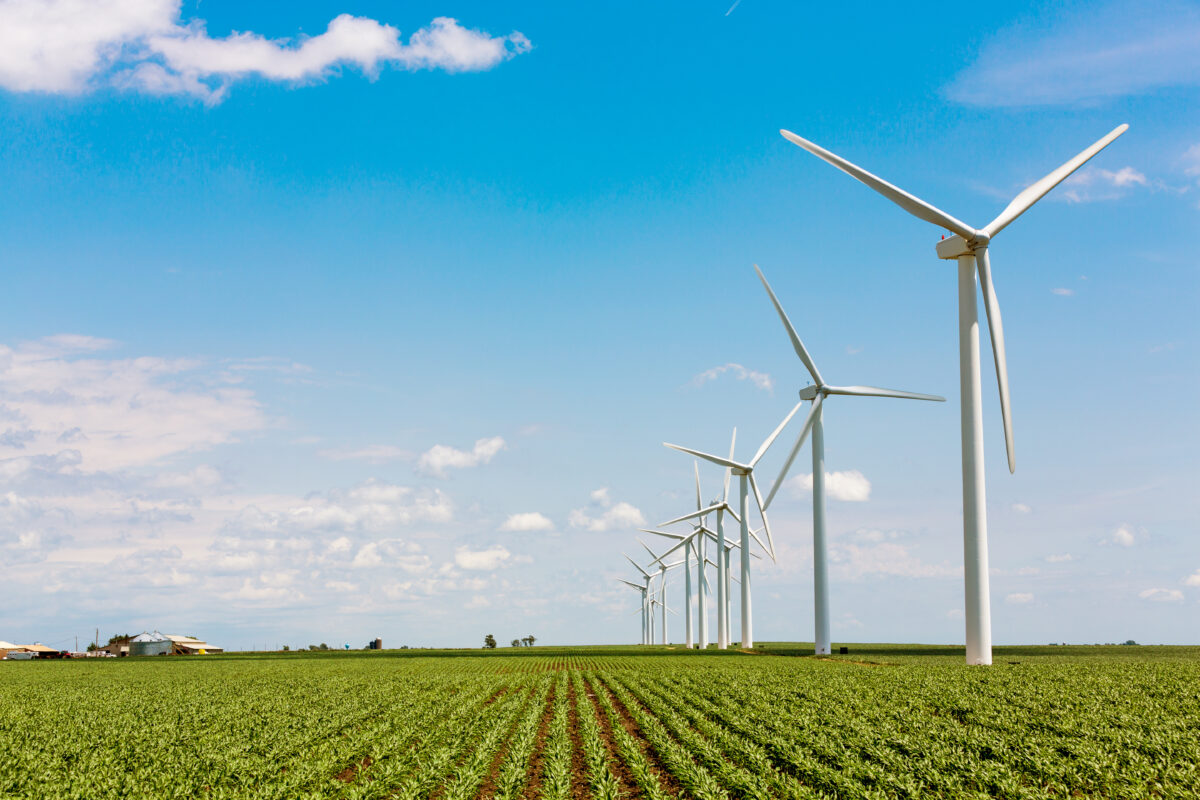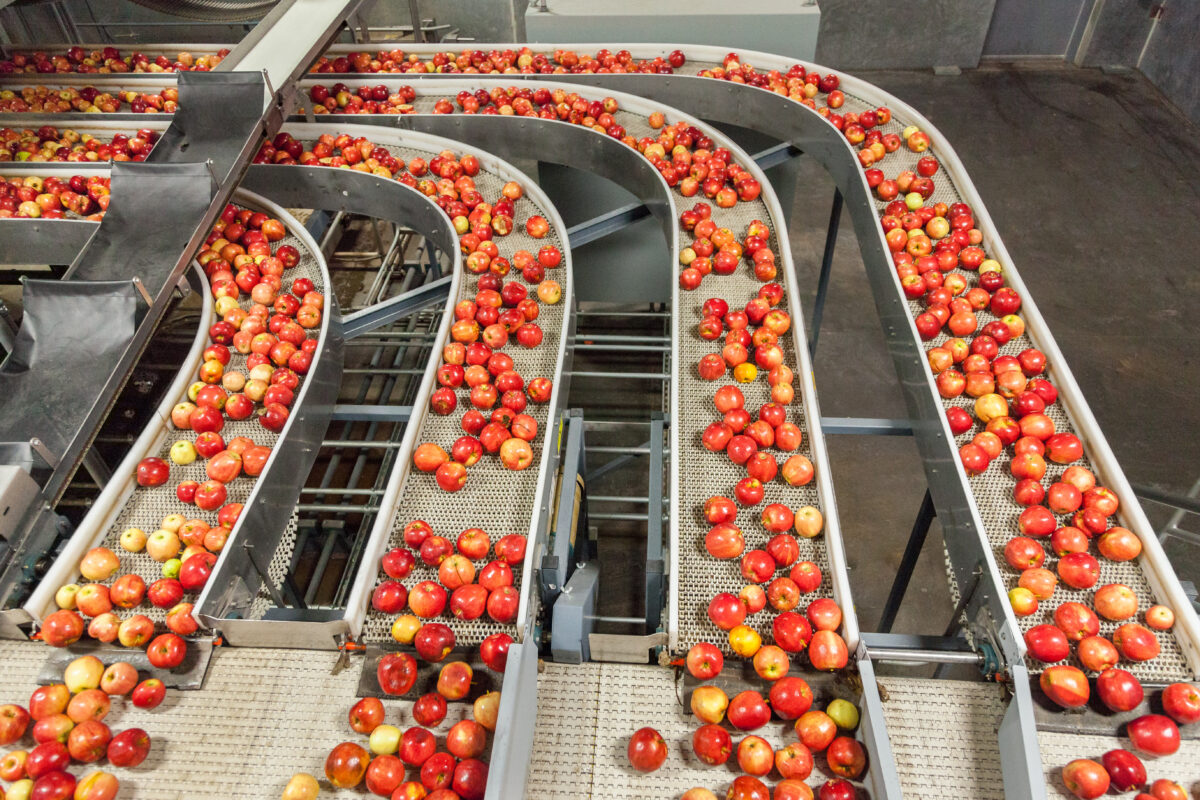Following a successful rollout, new rules and regulations were enacted in October 2020 to make all the programs stronger and more consistent to encourage lenders to extend their services to more rural business owners. At that time, the program was rebranded OneRD. While it still refers to the same USDA Rural Development program, the revamped OneRD incorporated important changes that made this already incredible lending initiative even more appealing for lenders and borrowers.
Some of the most significant changes to the program included:
- Broadening the definition of a rural community
- Adjusting and modernizing the range of eligible businesses to align more closely with current realities (for example, adding such tech-based businesses as bit-coin mining facilities, and video production facilities, while eliminating others like self-storage)
- Setting equity requirements for both new and existing business construction loans at 25%
- Increasing Community Facilities Loan maximums to $100 million and terms to 40 years
- Leaving loan guarantee percentages to the discretion of individual lenders, while capping them all at 90%
- Expanding eligibility to certain agricultural producers, while eliminating others
- Setting the application and guarantee fee at 2% of the loan
Expanding the Definition of a Rural Community
Under the original program, all four OneRD Loan programs operated under varying parameters for what constituted a rural community. This was found to be confusing and limiting. The new regulations expanded and standardized the definition to refer to any town or city with 50,000 or fewer residents. So, the expansion is enabling the USDA to serve many more people.
In addition, businesses with their headquarters in larger metropolitan areas are not disqualified simply because they have their home offices in larger urban locations. They still can obtain OneRD Loans for branches, divisions, or franchises located within rural communities with fewer than 50,000 residents.
Broadening Eligibility
Surprisingly, the original loan program was for non-agricultural uses only, as the USDA already offers numerous other lending programs for farmers and agricultural businesses. However, the new legislation expanded eligibility to include certain agricultural producers who are not eligible for USDA Farm Service Agency loans. This includes people and nonprofits engaged in the production of agricultural products, including the growing and harvesting of plants and crops (including farming); breeding, raising, feeding, or housing livestock (including ranching); forestry products; hydroponics; nursery stock; or aquaculture, whereby 50% or more of their gross income is derived from the operations.
Debt Refinancing
Despite being limited to non-agricultural businesses from the onset, the Rural Development program always still provided for a broad range of qualifying uses, enabling nonprofits, for-profits, cooperatives, public bodies, startups, and others to use funds for purposes that included business development, expansion, conversion, modernization, repair, the acquisition and development of land and infrastructure for commercial properties, purchase of equipment, supplies, and, even, refinancing.
Under the new regulations, debt refinancing was expanded further, still. Whereas previously, direct lenders only were able to refinance loans from other lenders, under the new guidelines, they also can refinance up to 50% of a loan that they wrote themselves.
Dollars and Cents
The new OneRD regulatory changes leave loan guarantee percentages to the discretion of individual lenders based on their evaluation of current federal credit policy and how that affects the lender’s ability to effectively manage its portfolio. Most B&I Loans in the fiscal year 2021 approved by North Avenue Capital receive an 80% guarantee. This is a significant figure when considering that loan amounts can be as much as $25 million for B&I Loans (up to $40 million for cooperatives that process certain agricultural commodities, subject to approval) and even higher for other non-B&I programs. The new changes also set the application and guarantee fee at 2% of the loan, across all programs.
Rural Development B&I Loans are collateral-backed loans. Borrowers are required to have sufficient fixed assets, cash, real estate, equipment, etc., to securitize the loan on a 1:1 basis for the loan amount. Lenders are required to discount collateral consistent with a sound loan-to-value policy while maintaining that 1:1 ratio. The new OneRD regulations eliminated the requirement for working capital loans. They also extended the maximum term for those working capital loans from 10 years. Depending upon the planned use of the funds, some terms can extend out to as long as 40 years.
These are just a few of the key regulatory changes that were made to the USDA Rural Development program in tandem with its rebranding as OneRD. Other notable changes included:
Other Key Changes to OneRD
- The USDA has made credit quality evaluation criteria the same across all four of the Rural Development Guaranteed Loan programs. They are based on the five Cs of credit, which include character, capacity, capital, collateral, and conditions. Separate criteria for non-regulated lending entities also have been created that will only service Tribal Trust Lands.
- Provisions were added for the maintenance of approved lender status and conditions for loss or revocation.
- Eligibility and process information has been provided for loan guarantees with New Markets Tax Credit Program (NMTC). This is addressed only in the B&I program regulation.
- Appraisal requirements have been expanded adding leeway.
- Lenders must ensure that projects are approved by the pertinent regulatory or licensing agencies
- Pre-application requirements have been removed, allowing non-mandatory preliminary eligibility reviews.
- Scoring and ranking have been added in the event the dollar value of loans exceed available funds.
- All programs now specify maximum loan requests:
- CF at $100 million
- WWD at $50 million
- B&I at $25 ($40 million for some co-ops)
- REAP at least $5,000
- Interest accrual is limited to 90 days from the delinquency effective date.
- If a renewal fee is collected more than annually, it is called a “Periodic Guarantee Retention fee” and shall be set by the lender in an annual Federal Register notice
Why Choose North Avenue Capital?
North Avenue Capital’s mission is to empower American businesses to grow, flourish, and enrich the communities they serve. Since the introduction of the USDA’s OneRD program, we have become America’s #1 USDA Business & Industry Loan lender. We have offices in Northeast Florida, Nevada, Arkansas, Georgia, Tennessee, and Texas, and can partner with businesses in all 50 states. Contact ustoday to learn more about how North Avenue Capital can help your business grow.


